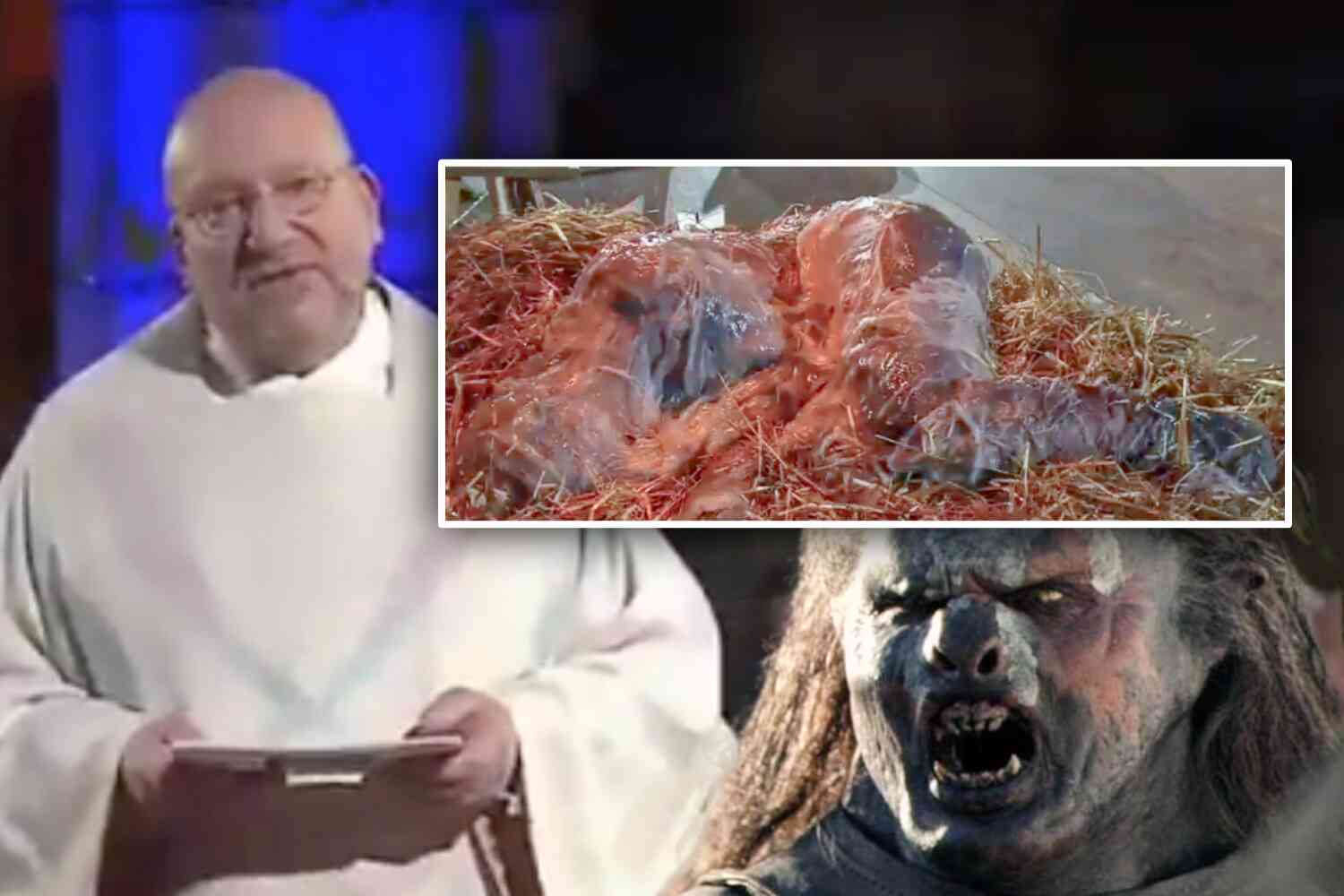Memorial Day is nearly upon us, and as we all know, it's easily the best cookout day of the year. July 4th is great, but there's just too much going on to really enjoy the cook. Labor Day is a drag: You gotta go back to school the next day!
The Memorial Day cookout has it all: It's always on a day-off Monday, the whole summer is stretching out gloriously ahead of you... it's just the best.

Before you fire up the ol' Weber, though, you should be aware of some common finer points and fails of outdoor cooking. If you really want to wow your friends and family around the kettle this year, here's a few suggestions for really making it count:
Don't skimp on the charcoal.
If you're grilling the old-fashioned way—with briquettes or lump charcoal—don't be shy about using a good amount of fuel. Aside from the lovely smoky-char flavor, the great advantage to grilling is that you can get screaming-hot temperatures with minimal effort.
Whereas a stovetop skillet might get you, on average, within the 450º range, you can easily get temperatures of up to 700º on even lower-end kettle grills, giving you fantastic opportunities for searing and charring.
Just be sure to use a healthy amount of coal to get there. Make it at least a full chimney's worth, and make sure it comes close to the grates to ensure optimal heat transfer.

Do salt your meat well in advance.
London broil, chicken, ribeyes, chops, tri-tip, tenderloin—whatever you're using, salt it well in advance of using the grill, by at least several hours, preferably overnight. This allows the salt to penetrate the meat, flavoring it exceptionally more thoroughly than salting it just before or after grilling. Use coarse kosher salt and apply generously.

Don't soak your wood chips.
If you're using wood chips to give your cook an extra bit of smokey flavor, do not soak them. This accomplishes nothing except drastically cooling your charcoal down when you toss the wet chips on, making good grilling harder to do.
Moreover, contrary to popular myth, soaking wood chips does not actually make them burn longer, simply because they don't actually start burning until all the moisture has been evaporated. Before the water evaporates, you're simply generating steam, not smoke; after it evaporates, the wood burns normally.

Do consider using an instant-read thermometer.
Every guy has his own move when it comes to figuring out if the meat is done. A lot of guys touch the meat and then immediately touch their faces to determine if the steak is medium-rare; the idea—I think—is that a steak's doneness corresponds to the way one's face feels. I'm not sure.
A better option is found in thermal precision: Consider buying a nice instant-read thermometer. These bad boys can tell you the temp of your porterhouse or your pork chop in nothing flat. Nothing ensures accurate, top-shelf meat as much as cooking it to within half a degree of a desired temp.
Yes, it might seem a little fussy—but then again so is touching your cheek over and over again. And anyway, once the meat's on the table and everyone is blown away by it, who cares?

Don't boil your ribs before grilling.
Please—we beg of you. Don't do this. It's almost criminal. In some countries you can get twelve years in a forced-labor camp for this sort of thing. All this does is leaches out flavor and eventually makes the ribs mushy.
Cook ribs the way God meant you to cook them: With dry heat, preferably wood fire. If you have the time, do them for several hours on indirect heat. You'll be happy you did.
Just don't boil them!

Do slice against the grain.
Imagine: You've seasoned the sirloin well in advance, you seared it perfectly, you added dry wood chips to give it an extra smoky kick, you pulled it exactly at 130º and let it rest for a bit, and then—it's as tough as tarmac! Your guests are despondent and you are socially mortified.
The problem is you didn't slice against the grain!
The grain of the meat represents strands of muscle fibers. When you cut with them, you allow those long, tough fibers to stay intact. That would be fine if the cow were still alive, but she's not (clearly).
You want shorter muscle fibers for tender pieces of meat. That's why you make shorter cuts against that grain; the fibers are severed and the meat is much, much easier to chew.

Good luck! Now go fire that grill up and cook that meat!

P.S. Now check out our latest video 👇









